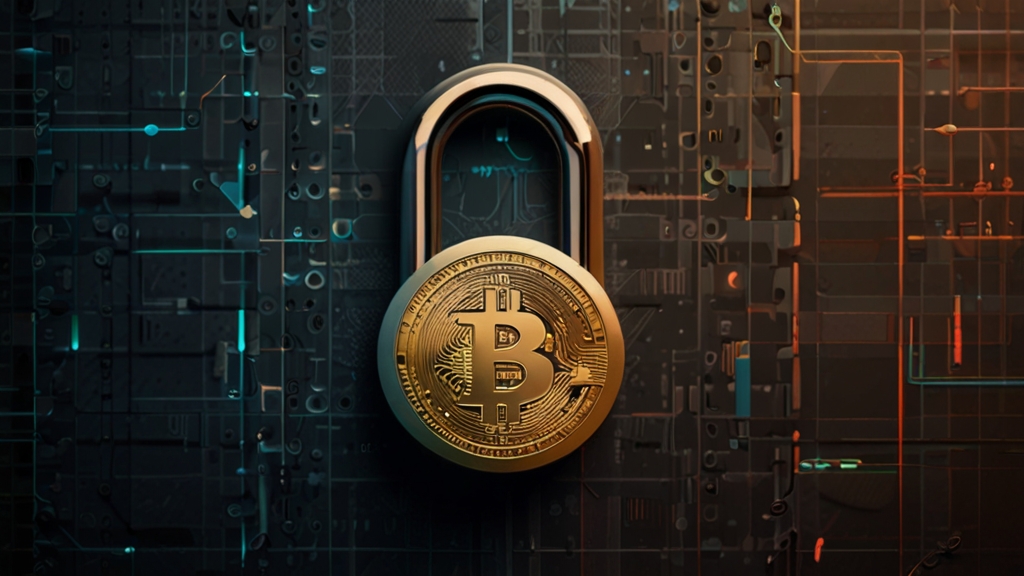Custodial wallet VS non-custodial wallet: advantages and disadvantages

CUSTODIAL WALLET VS NON-CUSTODIAL WALLET: ADVANTAGES AND DISADVANTAGES
INTRODUCTION
A digital wallet allows you to store, send, and receive tokens, as well as connect to decentralized applications. Choosing the right wallet is important for protecting digital assets.
In this article, we will discuss what custodial and non-custodial wallets are, and help you decide whether to store your crypto keys yourself or trust someone else to do it.
WHAT IS A CUSTODIAL WALLET
A custodial wallet is a wallet managed by a third party (custodian), such as a cryptocurrency exchange or specialized service. Private keys in such a wallet are stored by the provider, not the user.
Custodial wallets are suitable for beginners or those who do not want to deal with the technical aspects of managing private keys. However, it is important to choose a reliable provider and consider the risks associated with trusting a third party.
Examples of custodial wallets include any centralized exchange (Binance, Coinbase, Kraken, etc.)
WHAT IS A NON-CUSTODIAL WALLET
A non-custodial wallet gives the user full control over their private keys and funds. It is the best choice for those who want to manage their crypto assets themselves without intermediaries.
Non-custodial wallets can be desktop, mobile, or hardware. Hardware wallets are considered the safest as they store keys offline.
NOTE !!!: securely store your SEED phrase and private keys.
Examples of non-custodial wallets:
- Trust Wallet;
- MetaMask.
ADVANTAGES AND DISADVANTAGES OF CUSTODIAL WALLETS
Pros:
- Ease of use: easy to use and requires no technical skills;
- Additional services: besides trading, staking and other financial instruments are available;
- Fast transactions: operations are carried out quickly;
- Support: customer support is available to solve problems or answer questions.
Cons:
- Security: high risk of losing funds due to hacking;
- Lack of control: the user does not control their private keys;
- Dependency: the need to trust a third party with your funds;
- Privacy issues: mandatory identity verification (KYC);
- Limited functionality: fewer options compared to non-custodial wallets.
ADVANTAGES AND DISADVANTAGES OF NON-CUSTODIAL WALLETS
Pros:
- Full control: the user manages their funds and keys;
- High security: lower risk of hacking, especially when using cold storage;
- Privacy: no need for identity verification (KYC);
- Independence: no dependence on third parties;
- Access to DeFi and smart contracts: the ability to use decentralized applications and their services.
Cons:
- Technical complexity: may be difficult for beginners to use;
- Risk of loss: losing the private key or SEED phrase means losing access to funds;
- No support: no customer support for recovery;
- Transaction costs: the user bears the transaction costs on the token's network;
- Full responsibility: the user is responsible for the security of their keys and funds.
DIFFERENCES BETWEEN CUSTODIAL AND NON-CUSTODIAL WALLETS
|
Comparison Criteria |
Custodial Wallet |
Non-Custodial Wallet |
|
Control |
Private keys are stored by a third party |
Private keys are stored by the owner |
|
Access Recovery |
Many ways to recover access |
Few ways to recover access |
|
Security |
Generally lower |
Generally higher |
|
Type of Transactions |
More complex |
Less complex |
|
Offline Access |
No |
Yes |
|
KYC and AML Procedures |
Yes |
No |
|
Ease of Use |
Easy to use |
Difficult to use |
Table 1 - “Comparison of custodial and non-custodial wallets”
COMPATIBILITY OF WALLETS AND CRYPTOCURRENCIES
Custodial wallets:
- Support for multiple cryptocurrencies: can store and exchange various assets in one place;
- Built-in exchanges: simplify the buying, selling, and exchange of cryptocurrencies;
- Fees and restrictions: consider possible service fees and restrictions;
Non-custodial wallets:
- Specialized and universal: support certain cryptocurrencies or multiple tokens;
- Adding new tokens: experienced users can manually add new tokens;
- No built-in exchanges: the trading process may be more complex.
Both types of wallets are suitable for storing crypto assets, including NFTs. Many traders use both types depending on the situation. It is important to ensure that your wallet supports the cryptocurrencies you need.
CONCLUSION: WHICH WALLET TO CHOOSE?
The choice between a custodial and non-custodial wallet depends on what you value more: ease of use or security.
On one hand, a custodial wallet provides reliable storage and is suitable if you trade on DEX platforms. On the other hand, non-custodial wallets are suitable if you find it difficult to navigate decentralized finance and trust the security of your funds to a third party.
Thus, there is no definite answer, as everyone chooses wallets based on their criteria.
RECOMMENDATIONS:
1) Regardless of the type of wallet, apply reliable protection methods;
2) Research the custodian before choosing an exchange;
3) Use verified links when working;
4) Regularly check balances;
5) Follow the news background;
6) Do not store all funds in one place.
Want to learn more about crypto arbitrage?
Get a subscription and access the best tool on the market for arbitrage on Spot, Futures, CEX, and DEX exchanges.







